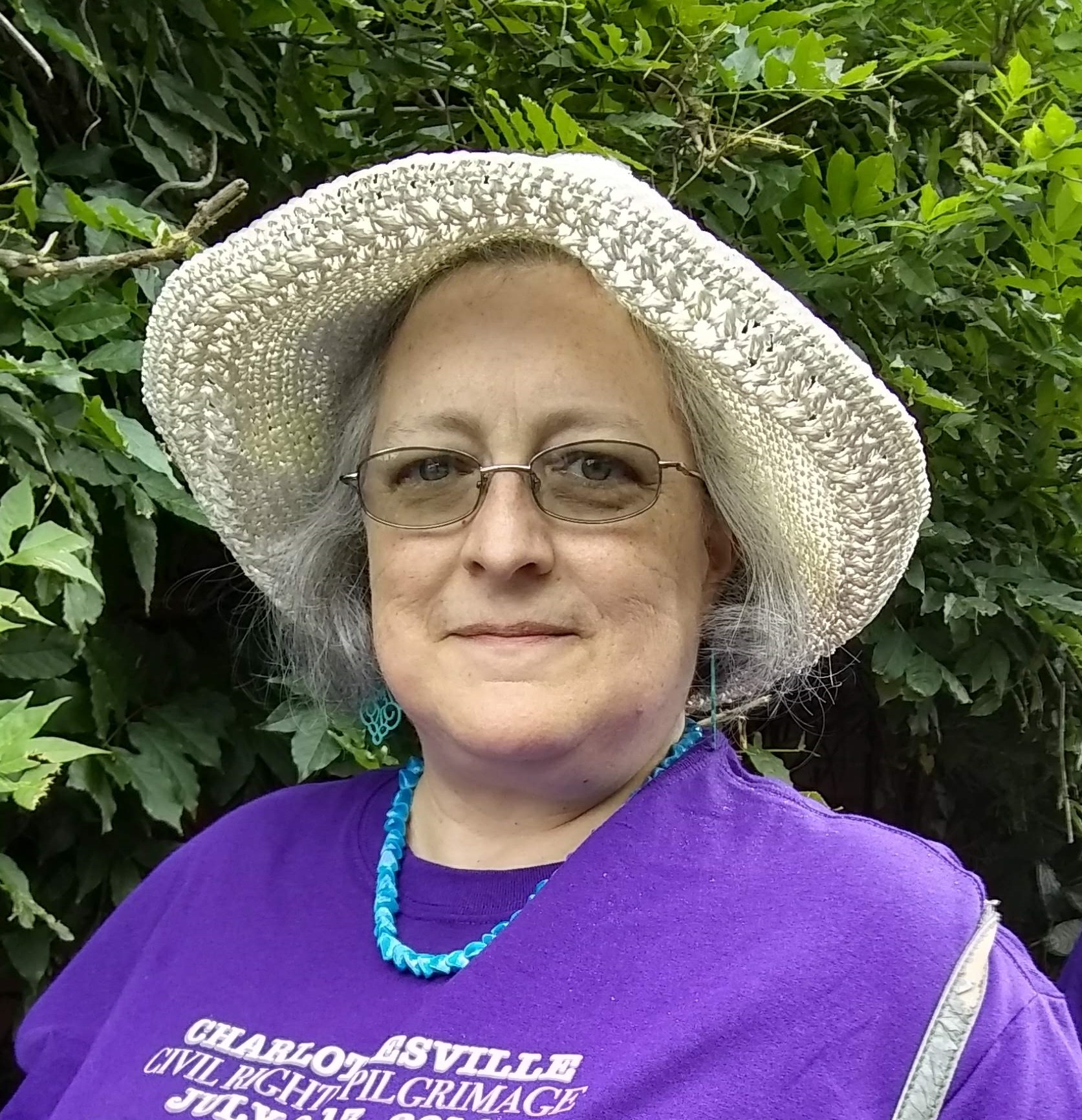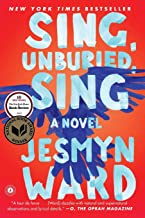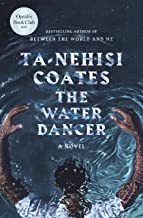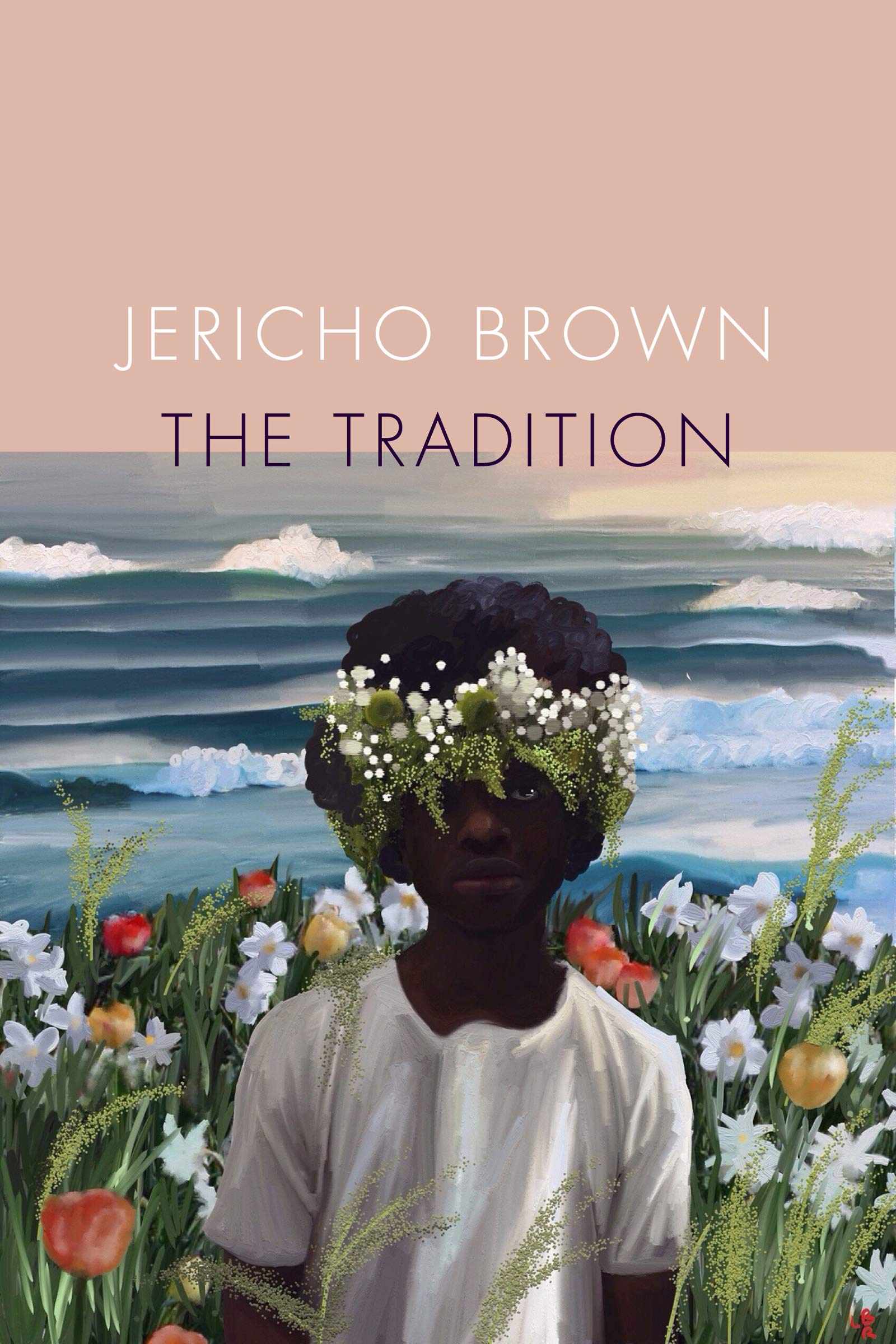Summer Reading Relevant to Our Times
 With summer in full swing, add these titles that creatively address race to your reading list. Patricia A. (Patsy) Goolsby, author-events coordinator at the UVA Bookstore, shares detailed reviews of three works of fiction.
With summer in full swing, add these titles that creatively address race to your reading list. Patricia A. (Patsy) Goolsby, author-events coordinator at the UVA Bookstore, shares detailed reviews of three works of fiction.
For Thoughts From the Lawn, A UVA Bookstore colleague encouraged me to write about creative works rather than nonfiction. Here is my take on two novels and one work of poetry that I have appreciated in the last several months.
Jesmyn Ward’s Sing, Unburied, Sing and Ta-Nehisi Coates’ Water Dancer are both novels in which the dead play significant roles, and thus are both fantasies. Both reveal the complicated ways in which the American boundary of race, what it is to be Black/not white or to be white/not Black, is not merely “a social construct” but is a distinction constructed variously, by different individuals. Both novels involve characters with heritage on both sides of that artificial divide.
 Ward’s story is set in twenty-first century Mississippi. She tells a vividly disturbing tale of family, interracial relationships, and the horrors of the carceral power structure. Of all the emotionally fraught episodes in this story, one vignette particularly sticks with me. Thirteen-year-old Jojo lives with his Black mother and grandparents and refers to his mother’s white boyfriend as Michael. Jojo, his mother Leonie, little sister Kayla, and Leonie’s white pal, Misty, whose Black boyfriend is also locked up, take a road trip to bring Michael back from Parchman Penitentiary. Jojo’s impression of a stop along the way—at a house in the wilderness with no siding, a vicious dog, and a violently hyperactive little white boy—is wrenching, especially as one realizes what business the white adults are conducting. Ward’s depiction of the chaos, in Jojo’s voice, is masterful. The situation is clear to her readers, even as it is not to Jojo, who does the telling. Because it is so troublingly mysterious, but not for Jojo to question, one’s heart breaks for Jojo all the more.
Ward’s story is set in twenty-first century Mississippi. She tells a vividly disturbing tale of family, interracial relationships, and the horrors of the carceral power structure. Of all the emotionally fraught episodes in this story, one vignette particularly sticks with me. Thirteen-year-old Jojo lives with his Black mother and grandparents and refers to his mother’s white boyfriend as Michael. Jojo, his mother Leonie, little sister Kayla, and Leonie’s white pal, Misty, whose Black boyfriend is also locked up, take a road trip to bring Michael back from Parchman Penitentiary. Jojo’s impression of a stop along the way—at a house in the wilderness with no siding, a vicious dog, and a violently hyperactive little white boy—is wrenching, especially as one realizes what business the white adults are conducting. Ward’s depiction of the chaos, in Jojo’s voice, is masterful. The situation is clear to her readers, even as it is not to Jojo, who does the telling. Because it is so troublingly mysterious, but not for Jojo to question, one’s heart breaks for Jojo all the more.
Coates’ The Water Dancer is set in something like the antebellum South. In a turnabout on the Jefferson-Heming’s saga, all concerned acknowledge that “tasked” protagonist and narrator, Hiram, is the son of the “quality” planter by a tasked woman. Hiram’s father is very aware that Hiram is more intelligent and capable than Hiram’s white half-brother, Maynard. Hiram’s father works to groom him to be Maynard’s personal servant in the hope that Hiram will manage the estate after their father’s death.
 But Water Dancer is more fantastic than is Sing. The tale begins with Maynard’s drowning and “The Conduction”—as in what Harriet Tubman did on the Underground Railroad, only more like a watery organic version of something dreamed up by Gene Roddenberry. The plot is driven by our mystification at how Hiram, but not Maynard, survives their carriage running off the bridge, and at how Hiram thereby learns of this power of Conduction.
But Water Dancer is more fantastic than is Sing. The tale begins with Maynard’s drowning and “The Conduction”—as in what Harriet Tubman did on the Underground Railroad, only more like a watery organic version of something dreamed up by Gene Roddenberry. The plot is driven by our mystification at how Hiram, but not Maynard, survives their carriage running off the bridge, and at how Hiram thereby learns of this power of Conduction.
For all of its fantasy, this is a tale about race and racism in our world. Hiram tells us that he had tried to teach Maynard to swim, but:
“… he took to this instruction as he took to all instruction, careless and remiss at the labor, and then sore and bigoted when this negligence bore no fruit. I can now say that slavery murdered him, that slavery made a child of him, and now, dropped into a world [the river] where slavery held no sway, Maynard was dead the minute he touched water.”
This is the Ta-Nehisi Coates we all know.
Poet Jericho Brown published The Tradition before the wider world knew of George Floyd, Robert Fuller, Rayshard Brooks, or Breonna Taylor. Presciently, his “Bullet Points” captures what might be said eulogizing any of these latest victims of the American system:
 “… I promise you, I trust the maggots
“… I promise you, I trust the maggots
Who live beneath the floorboards
Of my house to do what they must
To any carcass more than I trust
An officer of the law of the land
To shut my eyes like a man
Of God might, …
… I promise if you hear
Of me dead anywhere near
A cop, then that cop killed me. He took
Me from us and left my body…”
Yet Brown’s poems are more than speeches we might hear at protests. They are alternately heart wrenching, sexually charged, and simply dead-on. Violence and love and the myth of white racial superiority are the tides that shape the world of The Tradition.
- A Revolution in the Air: The Wright Brothers Take to the Sky on December 17, 1903
- Musings on National Violin Day
- Making the Promise Real: How a UN Tax Convention Can Fulfill the UNDHR’s Vision
- UVA Club of Atlanta: Virtual Pilates Class
- Virginia Club of New York: Annual Book Club Planning Meeting
- UVA Club of New Orleans: Hoo-liday Party